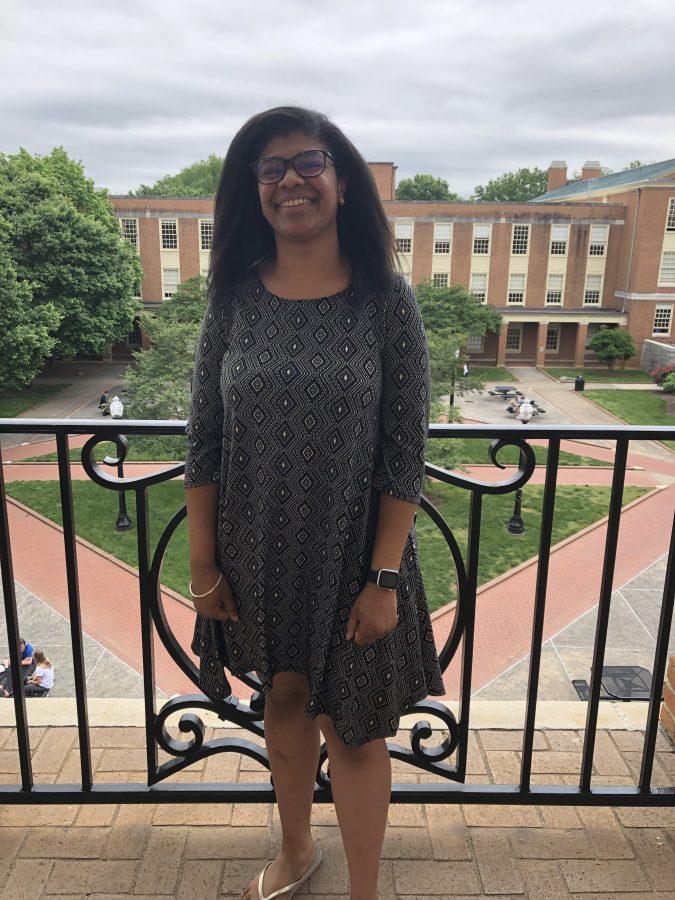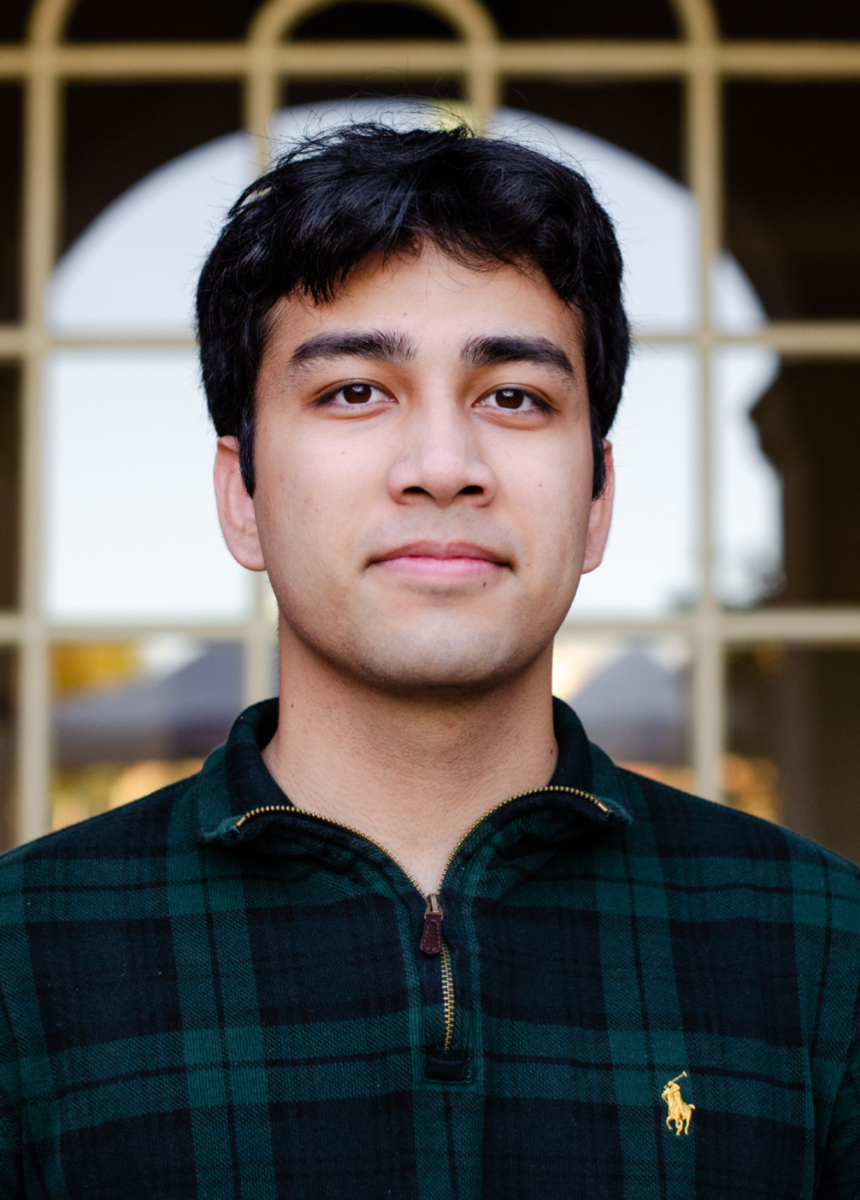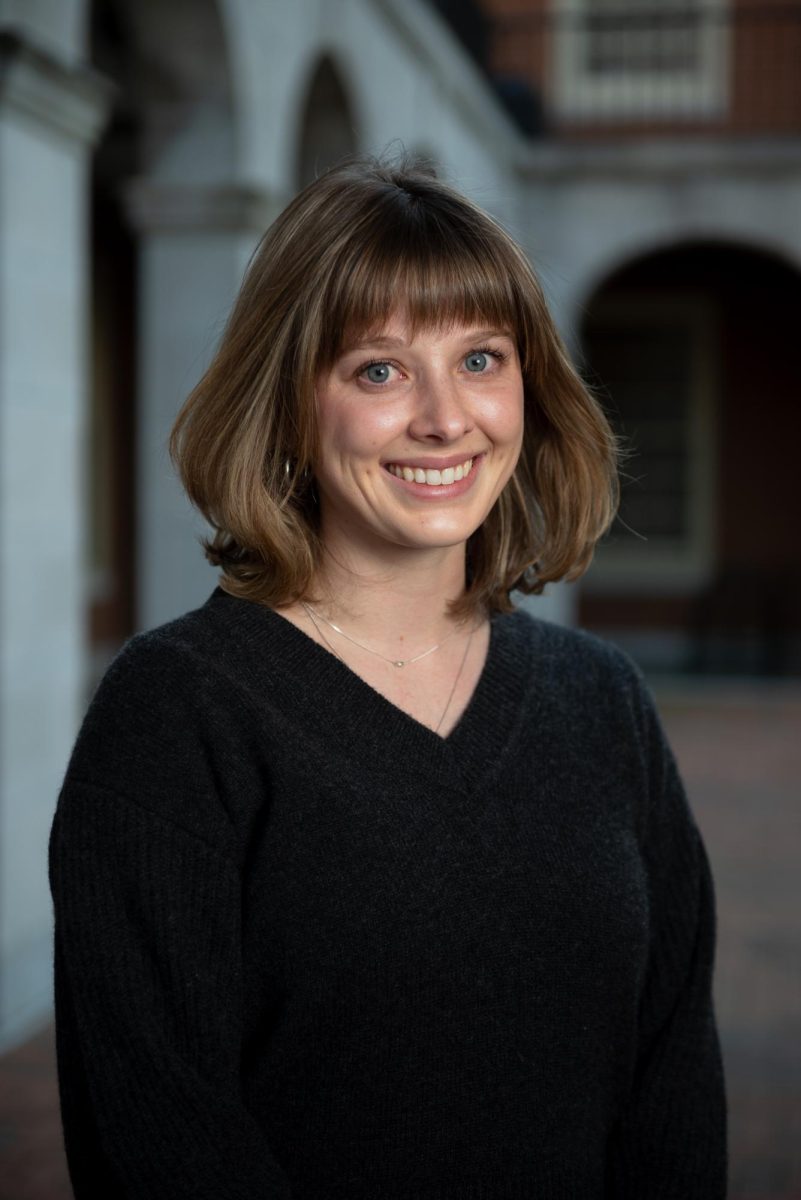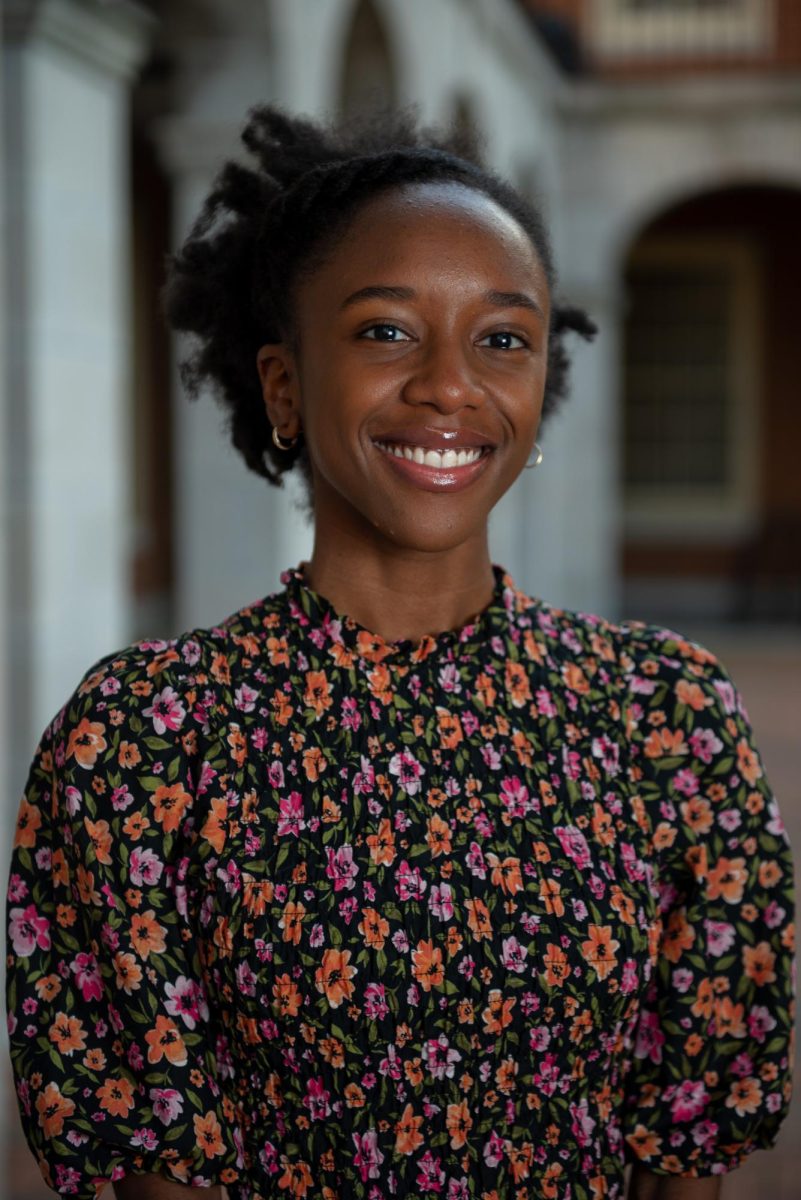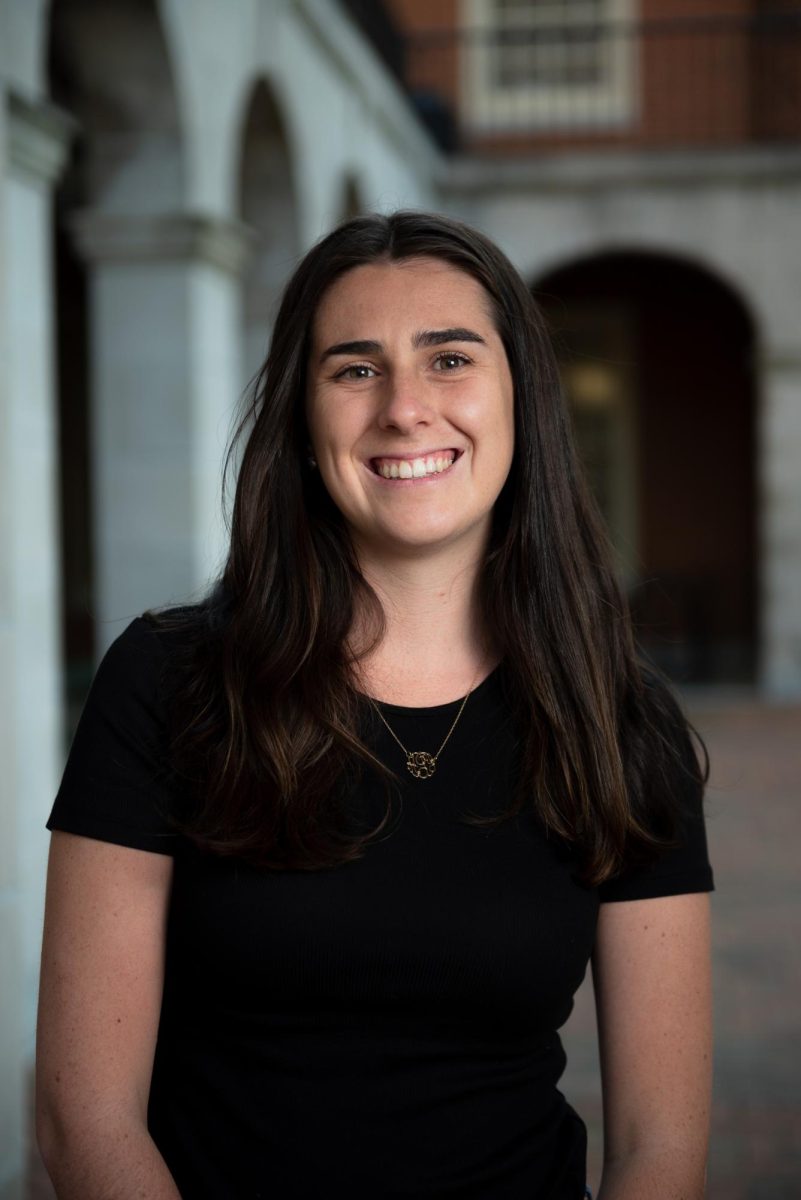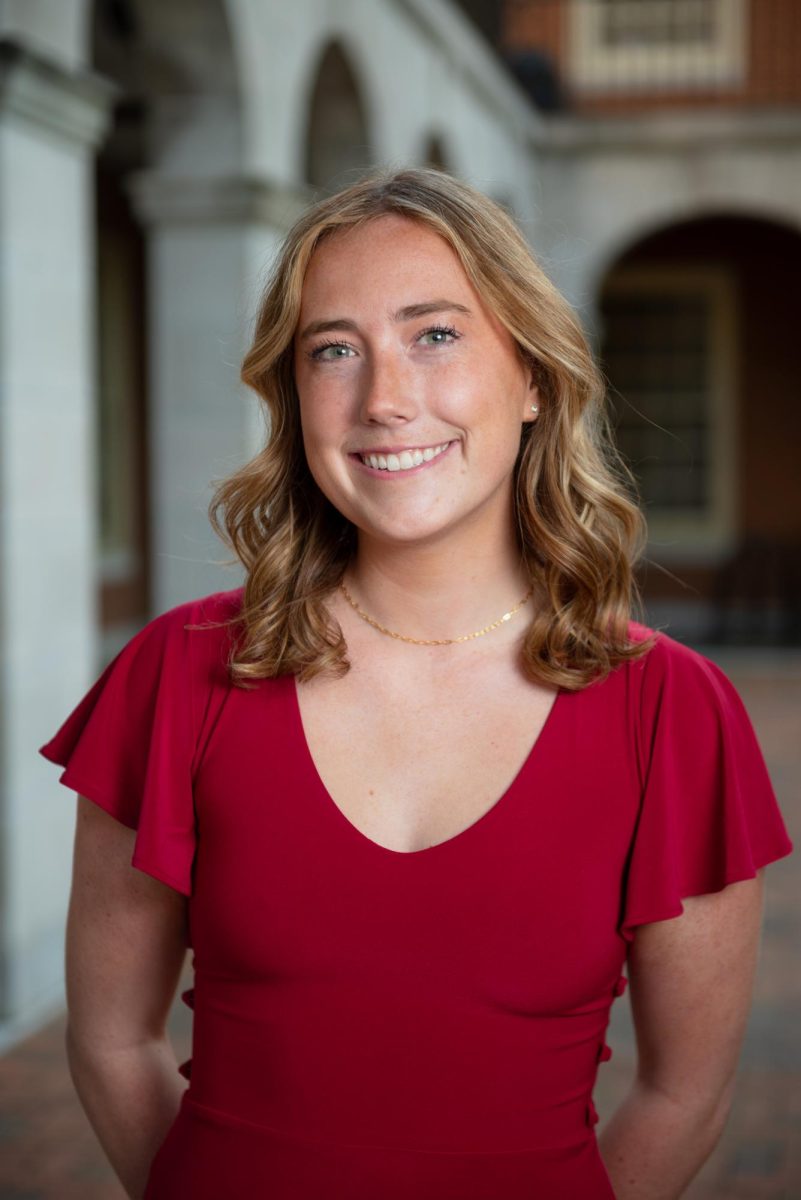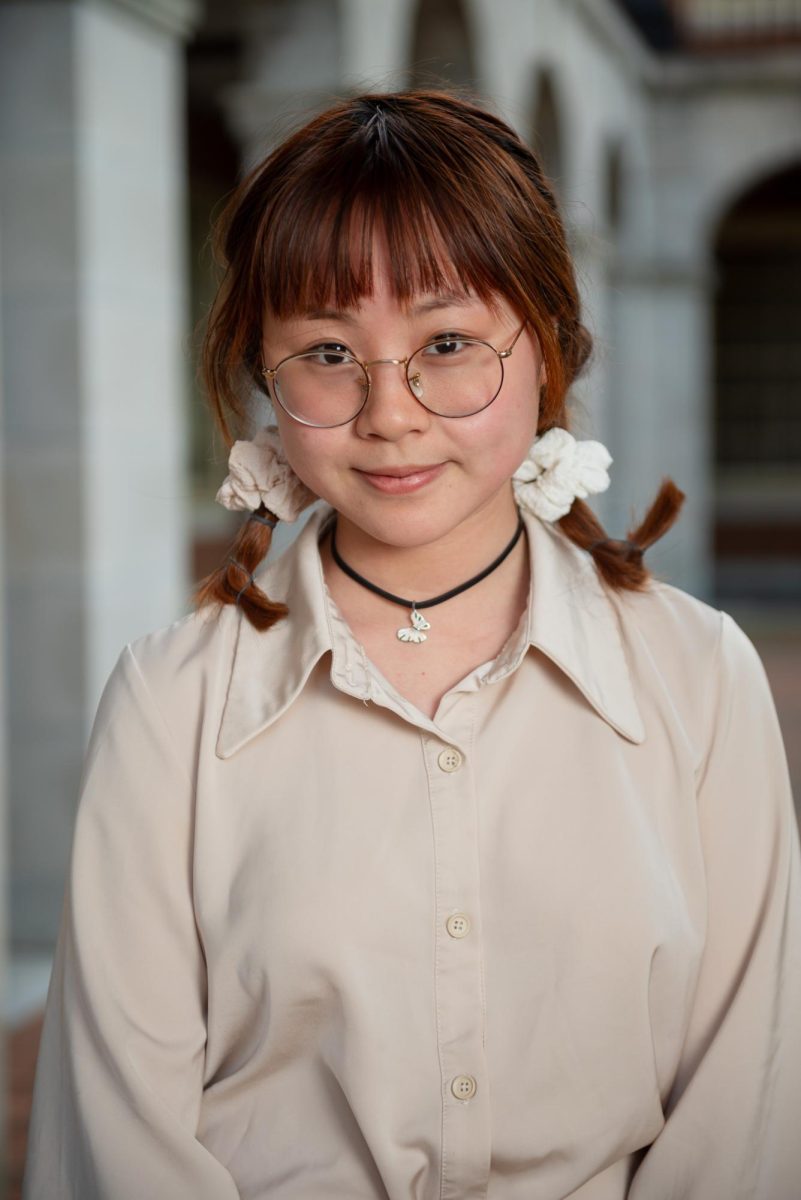Telling someone you will be attending the UCLA School of Theater, Film and Television is like telling someone you will be studying creative writing at the Iowa Writer’s Workshop, acting in Steppenwolf or playing Running Back at the University of Alabama — it’s that special.
In the first minutes of our interview, Shelby Halliman espoused equally astute observations about the idiosyncratic, art-house spectacle of Sorry To Bother You and about Avengers: Endgame as the culmination of the popular paradigm.
Yet Halliman hasn’t always harbored such particular opinions. She came to Wake Forest from Dallas, Texas, wanting to study film, but thinking she was going to be a lawyer. The days of freshman year vanquished that thought, though. One of her most memorable experiences was not her introduction to the tenets of jurisprudence, but Intro to Media and Film Aesthetics.
At a school where there is no film major offered, Halliman has cobbled it together, minoring in Film Studies and concentrating on film within her Communications major. Perhaps what Halliman has found so impressive is the time each professor invests in the collaging, making sure students who wish to concentrate on film try to “get … the resources that [they] need in and outside of the major.” This, Halliman says, is was makes the communications major, centered around film, so special, because it is able to outsource material to other departments, yet maintains, by nature of design, an interactive student-teacher relationship.
Still, this begs the question of why, if Halliman always knew she wanted to do film, did she come to Wake Forest? Her answer: range.
“I think with liberal arts schools, it gives you the opportunity to do everything,” said Halliman. “If I had chosen a specialty in film, it would’ve been nice, but I think I wanted to have a more well-rounded education first, and then jump into film-making.”
So, Halliman not only maintained her fervor for the image, but increased her intellectual breadth. She resisted the modern sensibility of specialization (present even in the liberal arts, it seems), favoring branches of knowledge instead of a single pillar. But this doesn’t mean Halliman abandoned her taste. She is the co-president of Wake Studios, a student-run film and media organization, and, as an aspiring writer-director, championed her screenwriting class as a vital industry entrée.
Halliman’s academic career at Wake Forest has been ad hoc in the best possible way. It has been filled with change and adaptation, creativity and persistence — all facets that have allowed her to construct her own education and succeed in doing so.
It makes sense then that her advice echoes Samuel Beckett’s mantra to “fail better.”
“Failure is a part of success,” she said, “and a lot of it comes with self-doubt as well, to where we feel like we have to follow a certain path to succeed. When I took that first film class, I wasn’t great at assessing film, but then I started to gain that knowledge. I made mistakes and now it has really caused me to find different avenues, different solutions.”
Halliman went on to say, “Don’t be afraid to make mistakes. It’s ok. You have to start somewhere.”


